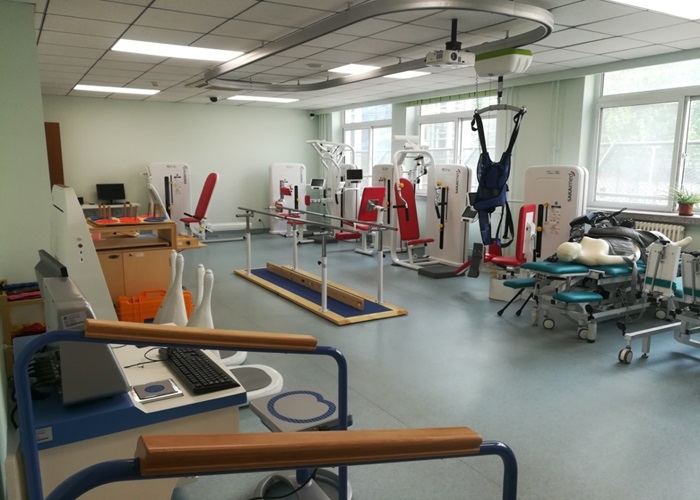KROGER, in partnership with BETTER HEALTH, has introduced innovative primary care options designed specifically for the older population. This development marks a significant step in enhancing healthcare access and quality for seniors.
As the population ages, the healthcare needs of older adults become more complex. They often require more frequent medical attention due to chronic conditions such as arthritis, heart disease, and diabetes. Additionally, age – related cognitive decline and mobility issues can make it more difficult for them to access traditional healthcare services. There is a growing demand for primary care that is not only focused on treating specific ailments but also on promoting overall well – being and maintaining independence.
The new primary care options offer a comprehensive range of services. They include regular health check – ups, preventive screenings, and management of chronic diseases. The program also emphasizes the importance of geriatric – focused care, taking into account the unique physiological and psychological changes that occur with aging. For example, healthcare providers will be trained to assess and address issues such as falls risk, medication management in the context of multiple prescriptions, and cognitive health evaluations. There is also a focus on providing care in a more convenient and accessible manner. This may involve home – based visits for those with limited mobility or telemedicine options for routine consultations.
KROGER and BETTER HEALTH have assembled a team of experienced healthcare professionals, including geriatricians, nurses, and pharmacists. These professionals will work together to provide coordinated care. The initiative also benefits from the extensive resources of KROGER, such as its pharmacy network and access to a wide range of medical supplies. BETTER HEALTH brings its expertise in healthcare delivery and patient – centered care models.
This initiative has the potential to greatly improve the quality of life for older adults. By providing specialized primary care, it can help detect health problems earlier, leading to more effective treatment and better health outcomes. It can also reduce hospital admissions and emergency room visits by managing chronic conditions more proactively. For example, a senior with diabetes who receives regular monitoring and personalized dietary and exercise advice as part of this primary care program is more likely to maintain stable blood sugar levels and avoid costly and potentially dangerous complications.
The future of the KROGER and BETTER HEALTH primary care program for older people looks promising. There are plans to expand the services based on feedback from patients and the healthcare community. This could include adding more specialized geriatric services, such as memory care clinics for those with early signs of dementia. The program also aims to collaborate with other community organizations and senior living facilities to reach a wider audience and provide seamless care across different settings.
In conclusion, the launch of primary care options for older people by KROGER and BETTER HEALTH is a welcome development. It addresses the specific healthcare needs of the aging population and offers a model for how to provide more effective and accessible primary care in the future.
Read more


